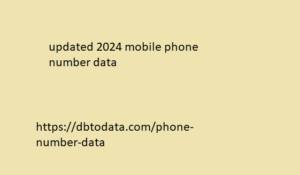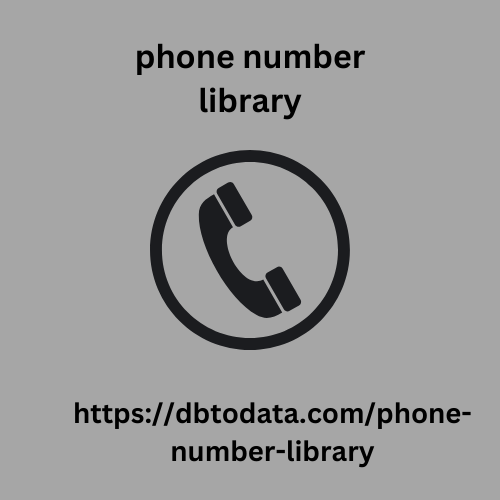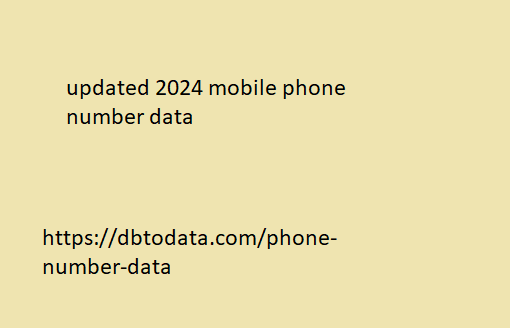It’s a problem every new blogger faces, and it can seem insurmountable.
How do you build an audience when no-one knows who you are?
There’s plenty of good advice out there (so much that it might seem a bit overwhelming). So in today’s post I’m sharing seven straightforward but effective ways to start building an audience for your new blog.
#1: Tell Your Family and Friends
This might seem obvious, but does your current network know about your blog?
If not, post about it on Facebook or send aleart news an email to your personal contacts. Don’t feel awkward about doing this. It doesn’t need to be pushy or spammy, and you may find you have more in common with your current connections than you thought.
If you’re not sure what to write, try something like this:
Hello. I’ve just started a blog (www.nameofblog.com) about [topic]. I don’t know if it’s something you’d be interested in, but if it is I’d love any feedback. If not, I’d be really grateful if you could spread the word to any of your friends who might enjoy it.
Thanks.
[your name]
Tip: There’s one big caveat here. If your blog’s topic is likely to be controversial within your friendship or family group, you might want to be selective about who you share it with, at least until you find your feet and feel more confident about blogging.
#2: Comment on Other People’s Blogs
Even though much of the conversation that used to happen in blog comments now takes place on social media, commenting on other people’s blogs can still be effective in the early days of a blog.
In fact, low comment numbers can actually help you because your comment will stand out more.
If you’re not sure how commenting can bring visitors to your blog, here’s how it works.
You fill in your name, email address (which only the blogger can see) and your blog’s URL, as well as writing the comment itself. Your name then becomes a link to your blog that anyone can click on to visit your site.
Tip: However tempting it might be, don’t put in a keyword or phrase as your name (e.g. “Best Parenting Tips”). Use your actual name or whatever pseudonym you blog under. Otherwise your comment might well get deleted as spam. And by default most WordPress comments sections apply the “nofollow” attribute to all links, so there’s no point in commenting just to create a backlink to your blog.
#3: Join Facebook Groups for Bloggers
There are loads of great Facebook groups out there aimed at bloggers. And if you’re not already a member, why not join the ProBlogger Community?
Groups are a great way to meet other bloggers who are just starting out, or who have been blogging only for a few weeks. You can ask others how they’re getting traffic, and you may well meet some friendly bloggers who can become new companions for your blogging journey. If they write about the same sorts of topics as you, they may even be happy to share your posts with their growing audience. And you can return the favour for them.
Tip: Be careful not to come across as self-serving or spammy in groups. Don’t just post “Here’s my blog, please come and visit it” or similar. Respond to other people who are looking for help and support too. Make sure you check any rules for the group (look for a “sticky” post at the top of the group’s news feed) before posting.
#4: Put Your Blog’s URL in Your Social Media Bios
On almost every social media site, you’ll have the option to include a website link. Sometimes (such as on Twitter) this is quite prominent. On other sites (such as Facebook) it’s less so, but it’s still there.
Make sure you include the link to your blog on any social media accounts you already have. It only takes a minute, and someone glancing at your profile might decide to check it out.
Here’s how the website link appears on Twitter:
Tip: Depending on how you use social media, you might want to set up new accounts, profiles or pages for you personally vs you as a blogger. On Facebook, for example, it definitely makes sense to have a page for your blog that people can “like” rather than using your personal profile where you need to “friend” everyone back. (Once you start getting dozens or hundreds of readers, it quickly becomes unsustainable.)
#5: Answer Questions on Forums
One way to get an audience is to go where your audience already exists. A great place to try is Quora – a site where members ask questions on all sorts of topics. There are bound to be lots of questions relating to your chosen topic, and by answering them you can encourage people to check out your blog.
It’s not just new bloggers who use this method either. You’ll find some big names on Quora such as blogger Neil Patel and novelist Orson Scott Card.
Tip: Don’t just post “That’s a great question, and you can read my thoughts about it on my blog”. You need to answer the actual question someone asks (preferably with lots of detail) if you want your answer to get “upvoted” as a popular one.
#6: Take Part in Twitter Chats
Twitter chats happen for a specific updated 2024 mobile phone number data length of time (normally one hour) on a specific date (normally weekly). You take part simply by adding the chat’s chosen hashtag (such as “#blogchat” or “#socialbloggers”) to your tweets.
This can be a great way to meet new people with similar interests to you. And chances are you’ll pick up a bunch of new Twitter followers. Of course, make sure you follow anyone in the chat who you’re interested in getting to know, too.
There’s a huge list of Twitter chats on TweetReports, which you can search by topic (e.g. “blogging”).
Tip: As with any method for finding new readers, don’t be spammy. If you’re new to a particular chat, spend some time listening as well as tweeting. And don’t share a link to your blog or a post on your blog unless other people are doing so.
#7: Write Guest Posts for Other Blogs
This is often a very effective method for getting new readers, especially in the early days of a blog when every reader counts. I know some bloggers feel they’re too new to guest post, but the reality is that host blogs don’t normally care how large an audience you have. They just want a well-written post.
When you guest post, you get to “borrow” someone mengapakah pembayaran mudah alih penting dalam meningkatkan jualan dan apakah … else’s audience while they read your post on the host’s blog. And if they like what you wrote, at least some of those readers will click on the link in your guest post bio to read your blog.
Tip: If you want to know more about guest posting, check out 7 Powerful Non-SEO Reasons to Try Guest Posting and Find and Pitch the Perfect Guest Posting Opportunities.
When you’re just starting out (or when you’re returning to blogging after a break), finding even a handful of readers can feel like a huge challenge. Try at least one of the methods I’ve suggested, and see how you get on. If you’re looking for even more actionable strategies, check out the 31 Days to Build a Better Blog course to get more momentum for your blog.





